Perspectives on greener product development and manufacturing from Sustainable Minds, our partners, customers and contributors.
Sustainable interaction design
Sustainable Minds and MAGNET Partner to Advance Sustainability in Manufacturing

Certifications & labeling, Designers, Electronics, Green Economy, Life cycle assessment, Manufacturing, Marketing, Materials & processes, Packaging, Product service systems, Products, Software & systems, Standards & regulations, Strategies, Supply chain, Sustainability paradox, Sustainable Europe, Sustainable interaction design, Teamwork
Greenpeace releases its guide to greener electronics
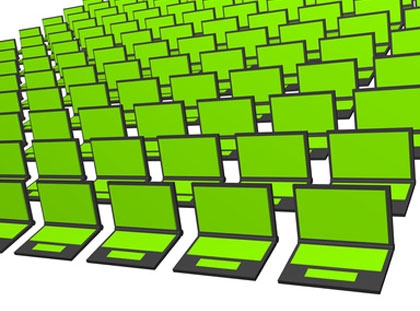
Certifications & labeling, Designers, Electronics, Green Economy, Life cycle assessment, Manufacturing, Marketing, Materials & processes, Packaging, Product service systems, Products, Software & systems, Standards & regulations, Strategies, Supply chain, Sustainability paradox, Sustainable Europe, Sustainable interaction design, Teamwork
IDSA partnership aims to mainstream innovation in greener product design

Certifications & labeling, Designers, Electronics, Green Economy, Life cycle assessment, Manufacturing, Marketing, Materials & processes, Packaging, Product service systems, Products, Software & systems, Standards & regulations, Strategies, Supply chain, Sustainability paradox, Sustainable Europe, Sustainable interaction design, Teamwork
New in Sustainable Minds Release 1.1

Certifications & labeling, Designers, Electronics, Green Economy, Life cycle assessment, Manufacturing, Marketing, Materials & processes, Packaging, Product service systems, Products, Software & systems, Standards & regulations, Strategies, Supply chain, Sustainability paradox, Sustainable Europe, Sustainable interaction design, Teamwork
Sustainable Minds release 1.0 is getting great reviews!
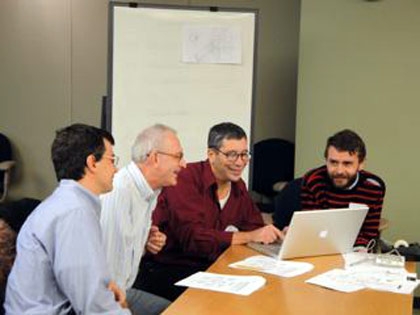
Certifications & labeling, Designers, Electronics, Green Economy, Life cycle assessment, Manufacturing, Marketing, Materials & processes, Packaging, Product service systems, Products, Software & systems, Standards & regulations, Strategies, Supply chain, Sustainability paradox, Sustainable Europe, Sustainable interaction design, Teamwork
Sustainable Minds release 1.0 is live!
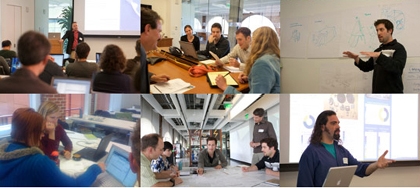
Certifications & labeling, Designers, Electronics, Green Economy, Life cycle assessment, Manufacturing, Marketing, Materials & processes, Packaging, Product service systems, Products, Software & systems, Standards & regulations, Strategies, Supply chain, Sustainability paradox, Sustainable Europe, Sustainable interaction design, Teamwork
Red, blue and green all over: the politics of sustainability
Certifications & labeling, Designers, Electronics, Green Economy, Life cycle assessment, Manufacturing, Marketing, Materials & processes, Packaging, Product service systems, Products, Software & systems, Standards & regulations, Strategies, Supply chain, Sustainability paradox, Sustainable Europe, Sustainable interaction design, Teamwork






 Feed: blog
Feed: blog
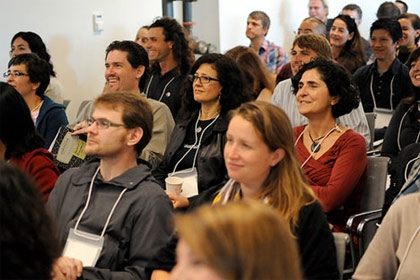

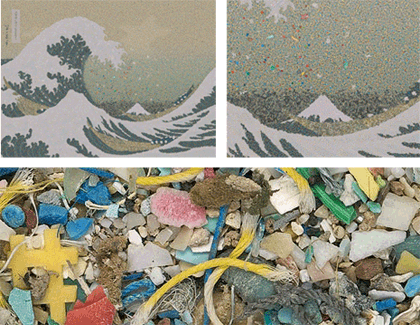
 I’m not one of those people who can say that I’ve always cared about sustainability. My turning point came about four years ago when I toured a landfill and personally saw the obscene amount of waste that society creates each and every day. Somehow I knew intuitively that what I witnessed wasn’t sustainable. I deduced that every paper cup, plastic container, broken glass, diaper and appliance that was being buried embodied natural resources – wasted resources – that were going right into the ground.
I’m not one of those people who can say that I’ve always cared about sustainability. My turning point came about four years ago when I toured a landfill and personally saw the obscene amount of waste that society creates each and every day. Somehow I knew intuitively that what I witnessed wasn’t sustainable. I deduced that every paper cup, plastic container, broken glass, diaper and appliance that was being buried embodied natural resources – wasted resources – that were going right into the ground.